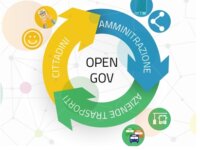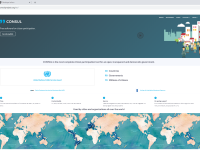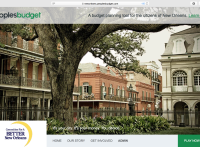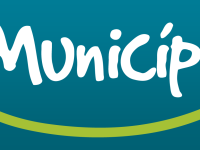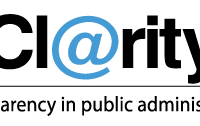The Administration of Rome had to decide how to use about 17 million euros for public works in the territory of the VIII District for projects concerning the environment, landscape and public green spaces, sustainable mobility and accessibility, urban regeneration and infrastructure, ideas or proposals for transversal projects. The innovation concerns the decision-making approach. For the first time, city users were involved in deciding how to allocate these resources.
Innovation Tag Opengov: open local government
Sardinia Region involved all the mobility stakeholders in participating in the “federated network of collective transport open data” and all the data concerning scheduled services were published: buses, trains, ferries, airplanes. Various info-mobility services were developed by ICT enterprises. A web application was developed to allow users to notify transport inefficiencies to agencies and public administration, which are now interconnected with users in order to improve public service…
Innovative use of digital and online opportunities has made it easier for people to have a greater say in local decision-making in Scotland. A unique cross-sector collaborative approach was taken to developing digital, with collective solutions and sharing of learning achieved through an open, iterative and experimental methodology. The Scottish Government encouraged rapid growth of participatory budgeting and digital, in line with the ambitions of open government and strengthening democracy.
CONSUL is an online platform for public participation in decision-making, launched initially by the Madrid city council and subsequently adopted by several governments all over the world. The platform benefits from its open source code, making it free for any government, or CSO, to make use of it and propose improvements. CONSUL is designed for citizens to voice their concerns and participate through the development of proposals, votes for new laws, debates, crowd laws, participatory budgets…
The People’s Budget is an interactive, mobile-friendly website that demystifies local spending by asking residents to play "mayor for a day" by balancing their city budget. Users learn more about how government works and how it spends money before deciding for themselves how to divide discretionary funds. The answers to these questions are synthesized and reported back to the community and city leaders to help get limited tax dollars to the programs that need them the most.
The Regione Emilia-Romagna has, since 2014, developed a pilot strategy to promote and coordinate the use of social media by local police departments.
Keeping in touch with citizens is the core business of every local police, but today, traditional communication tools and skills are not enough to respond to citizens' needs and demands.
As such, we established a network of people inside local police departments to share expertise in the area of social media.
My Municipality (Meu Município) a free public portal that organizes and makes available the financial performance of 90% of the Brazilian cities in a intuitive, user-friendly way. It is used for citizens to understand, monitor and compare how Brazilian municipalities collect and spend our money. My Municipality is also designed for public managers in their analysis and decision-making about the city's directions.
Better Reykjavik is a co-creation project of the Citizens Foundation, Reykjavik City and its citizens that connects them and improves trust and policy.
It’s a platform for crowdsourcing solutions to urban challenges and has multiple democratic functions: Agenda setting, Participatory budgeting and Policymaking.
Innovations include unique debating system, crowd-sourcing, submission of multimedia content and extensive use of AI to improve the user experience as well as content submitted.
Institutions in the Greek government upload their acts and decisions on the Transparency Portal. Each document is digitally signed and assigned a unique number ensuring that acts and decisions are not valid unless published online. An open data tool enables the re-use of published information. The direct accountability brought by means of the Portal upon the administration, provides fewer opportunities for corruption since citizens and interested parties can monitor the publications and report…

